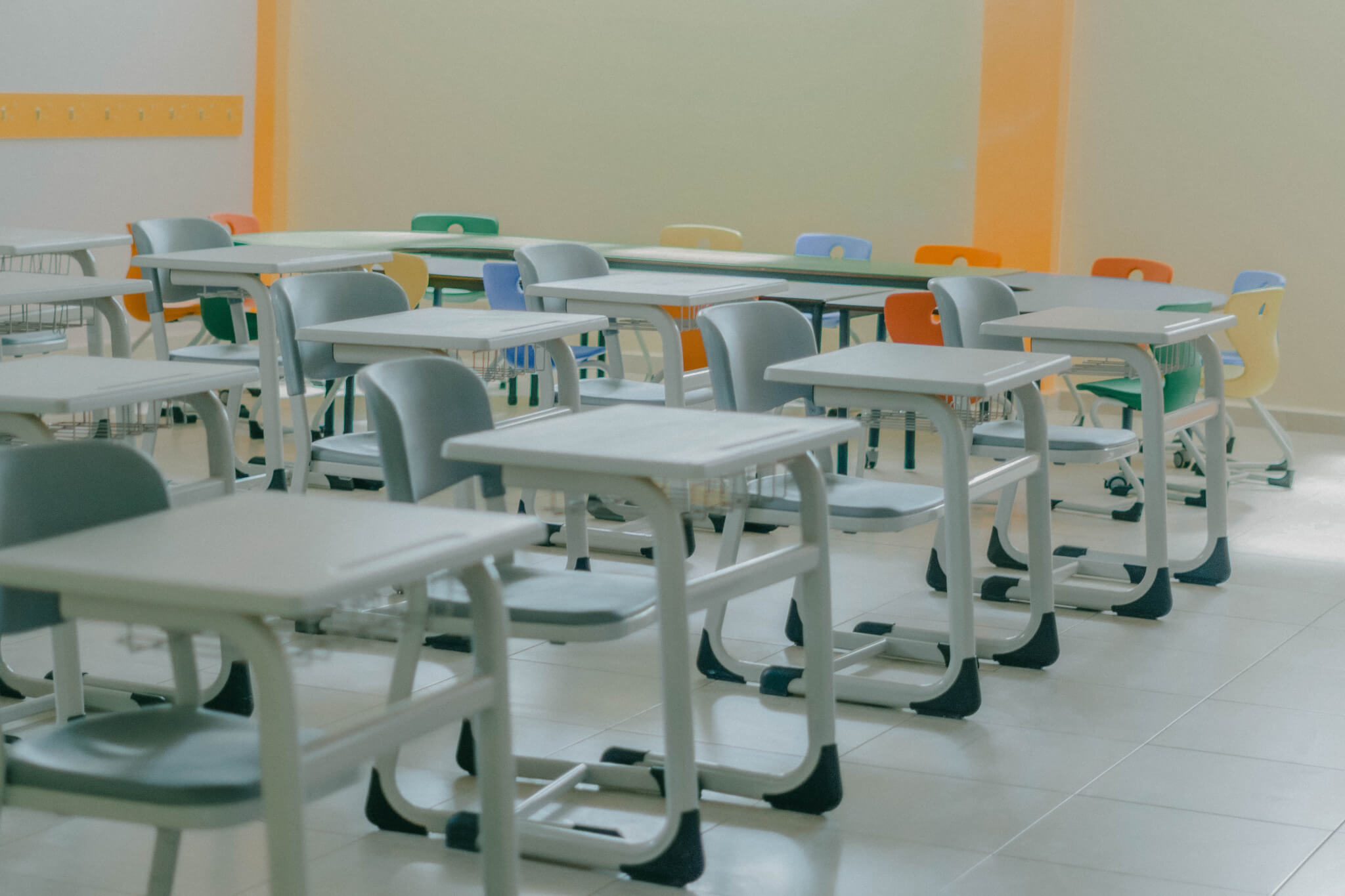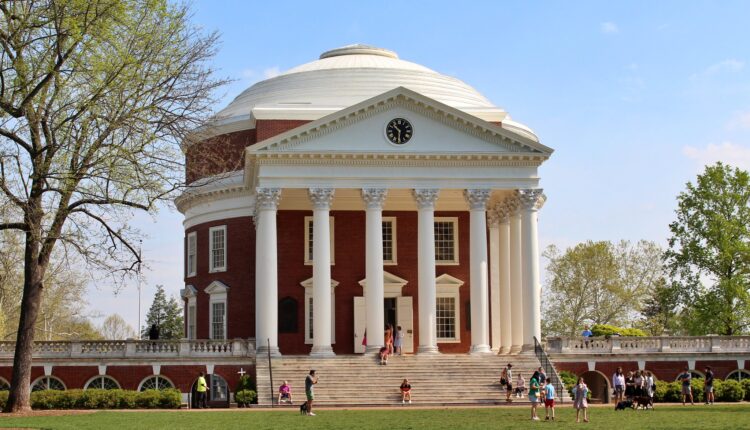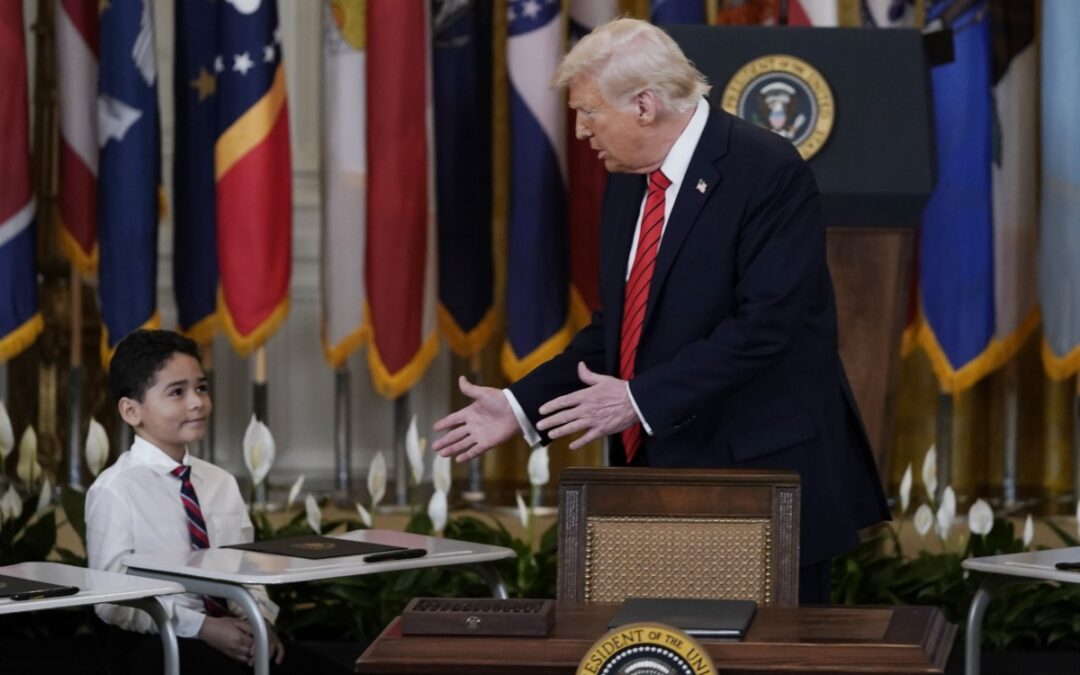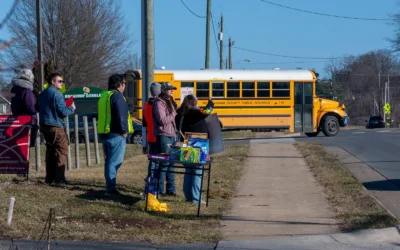
Photo by mouad bouallayel on Unsplash
After more than eight months of debate, the Virginia Board of Education has reached a compromise and approved new guidance on what the Commonwealth’s students will learn in history and social studies classes from kindergarten through 12th grade. These standards will go into effect during the 2025-26 school year.
Under Virginia law, the state’s standards are reviewed every seven years, and the usually quiet process has drawn national attention this year because the Board and Education Department went through four versions of the standards before compromising.
Thousands of public comments were submitted and reviewed, and widespread debate occurred as officials worked through the process. These officials faced accusations of “whitewashing” history and were accused of “prioritizing politics” and “acting without transparency.”
This usually mundane process was made lengthier by back-and-forth between officials tasked with reviewing and revising the standards, and Gov. Glenn Youngkin’s administration. Youngkin, on the day he was inaugurated, issued an executive order calling for Critical Race Theory to be banned from schools. The theory, which explains how race and racism affect people’s lives, already isn’t taught in public schools, but that didn’t stop Youngkin and his administration from politicizing the issue and thus holding up the approval of the latest standards.
“There’s no reason that this had to become as controversial as it became,” Board President Daniel Gecker said at Thursday’s meeting. “That having been said, I am looking forward as opposed to back. And I’m comfortable that the standards will meet the needs of Virginia’s children.”
The standards agreed upon last Thursday require, for the first time, that Virginia students be taught about racism, specifically the notion that the United States’ history is complicated and nuanced. These newest changes will also require sixth graders to describe the major features of Franklin D. Roosevelt’s New Deal.
High school juniors will also be required to evaluate and explain the Progressive Movement and how the Chinese Exclusion Act of 1882 caused harm to immigrants. The amount of content covered in Virginia’s second grade classrooms was also reduced.
Now that the new history standards have been approved, the Education Department will have to develop a new curriculum framework based on the changes that have been agreed upon. New textbooks aligning with the new standards will have to be approved as well.
“The hard part actually starts now,” Board Member Andy Rotherham told the Virginia Mercury. “This is a big shift, and we’re going to really have to support our teachers — the amount of content knowledge here, the number of things we have put in that, frankly, people didn’t necessarily encounter in school themselves and they’re going to have to learn.”

University of Virginia joins the ranks of Forbes’ “New Ivies”
Forbes named the University of Virginia a "New Ivy," recognizing it among 20 schools attracting top talent and impressing employers alongside...

UVA earns top spots in 2025 online program rankings
UVA's School of Education ranks 9th in U.S. News' 2025 list for online graduate education, excelling in multiple programs. In an increasingly...

‘Death by a thousand paper cuts’: Elementary school counselor leaves the Virginia Beach School District after 19 years
Lisa Lee, elementary school counselor at Trantwood Elementary in Virginia Beach, explains how emotional burnout and the state’s teacher shortage are...

Opinion: Just say no to private school vouchers
There are drastic changes ahead for public education in the United States, and these changes can impact our K-12 students via radical, severe cuts...

Federal education cuts could worsen Virginia’s teacher shortage—locals are fighting back
Heather Sipe, president of the Virginia Beach Education Association, talks about ways community members can get involved in the ongoing fight...

Virginia educators, Democrats raise alarm over Trump’s effort to abolish Education Department
“When we have students that are hungry, they don't feel safe, they don't feel protected, it’s going to get very difficult for them to be able to...




